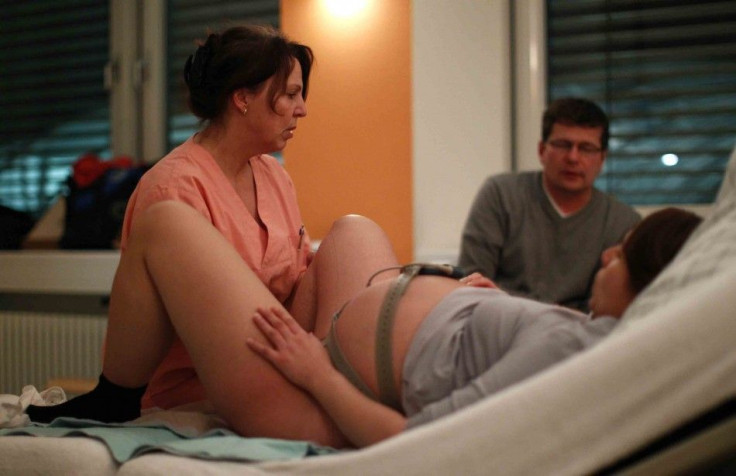Menopause Could Be Eliminated In The Next 20 Years, Scientist Claims

A pioneering stem cell scientist, Aubrey de Grey, has stated in a report that it would be possible to eliminate menopause within the next 20 years. The co-founder and chief science officer of the Strategies for Engineered Negligible Senescence Research Foundation based this prediction on the development made in anti-ageing treatments. He said that the ageing process could be stopped or reversed in the future, and this could affect the menstrual cycle.
Dr de Grey explained that there are a lot of developments that are happening in stem cell and regenerative therapies. This would mean that there would be no more age limit for women to give birth. The Independent report said that Dr de Grey claimed anti-ageing treatments could be extended to the female reproductive organs. According to him, "Menopause could be turned on and off." This could mean that menopause could be eliminated 20 years from now.
In line with this, The Daily Mail reports that Evelyn Telfer, a reproductive biologist at the University of Edinburgh, said that treatment for early menopause was already being tested on. According to her, De de Gray's statement of eliminating menopause needs some pondering as there are several means to eliminate menopause. Her work suggests that immature female eggs from young girls can be taken and cultivated outside. She also pointed out that studies have shown that even after menopause, women have immature follicles, which can be exploited to "extend the limits of female fertility."
Dr de Grey is aware that people are unsure about his idea but he believes that sooner or later it could definitely be achieved. The Independent reports that Robin Lovell-Badge from the National Institute for Medical Research in London thinks that de Gray is being highly "ambitious" in his claim as progress in fertility treatment is slow. He also stated that there has been no study that has shown how stem cells could be used to generate egg cells. Though there is a lot of skepticism involved as of the moment, Facebook investor Peter Thiel has already backed the project financially.





















